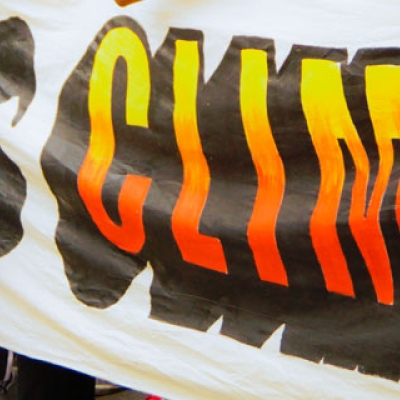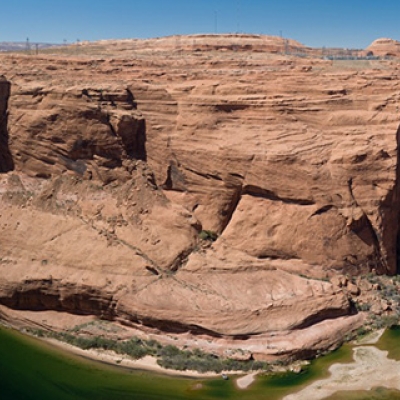
Building Frameworks for the Open-Source Century
By Jonathan Isham / On December 15th, 2008
Monday Night, at a fine Indian restaurant in the shadow of Yale's School of Forestry and Environmental Studies: after giving a talk on green entrepreneurship, fellow Brighter Planet co-founder Jake Whitcomb and I were dining with FES Director Gus Speth, his colleague Bryan Garcia, and over a dozen Yale MA and MBA students, talking about




